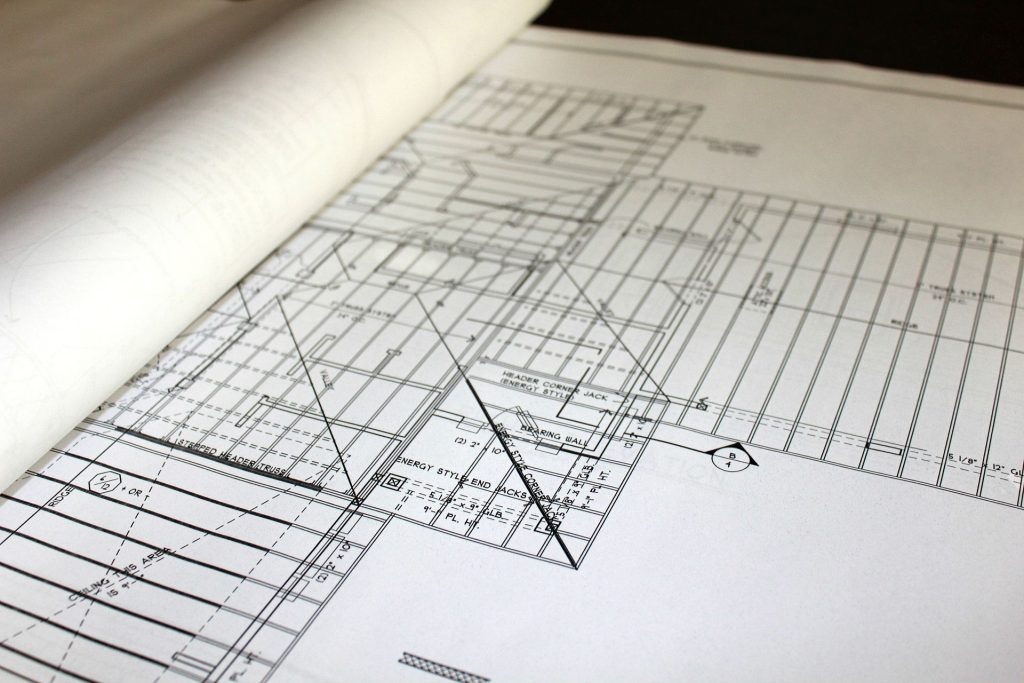UK architects predict crash in workload in Brexit uncertainty
Architects in the UK are reporting concerns regarding the future of their businesses, in the first major confidence survey since the Brexit vote.
The Royal Institute of British Architects’ (RIBA) Future Trends survey, which takes place monthly, found that confidence levels among architecture firms have plummeted for the first time since 2012, despite current healthy growth in actual work. The survey was started in 2009.
RIBA’s executive director for members, Adrian Dobson, said, “While a very small number of practices stated that they have seen projects cancelled or postponed as a direct result of the referendum outcome, the sense is that the fall in our index reflects anxiety about the future impact of the decision rather than an immediate change in the workload pipeline.
“Only time will tell if this change in sentiment is an overreaction to political events, but this fall in the RIBA Future Trends Workload Index must be a cause for some concern,” he added.
The Future Workload Index from the survey hit -7, a figure calculated as the difference between architects who said their workload would increase, and those who said it would decrease. In June, the number was +22.
The drop was even more extreme among large firms, where the Future Workload Index hit -33. London architects were the most pessimistic.
However, figures for actual workload showed an increase of 3%, and most respondents said they did not expect their staffing levels to change any time soon.
“Our survey very much seems to reflect anxiety about Brexit implications rather than any immediate falling off in growth of revenues from architectural services,” said the RIBA.
“We seem to be in a wait and see position for many practices at present,” it added. “The RIBA Future Trends survey has recorded a continuous increase in the value of work in progress since mid-2013, and the profession has been increasing in economic strength with staffing levels also rising strongly.”


